Choosing the right cooking oil is more than just a matter of flavor; it can significantly impact your heart health. It’s essential to understand how each type influences your cardiovascular system, examining their health benefits and potential drawbacks, and how they fit into a heart-healthy diet. Understanding the nuances of cooking oils will help you make decisions that support a healthier heart. Here are the popular cooking oils and their impact on your heart.
Contents
- 1 Olive Oil
- 2 Canola Oil
- 3 Sunflower Oil
- 4 Coconut Oil
- 5 Soybean Oil
- 6 Avocado Oil
- 7 Grapeseed Oil
- 8 Peanut Oil
- 9 Sesame Oil
- 10 Flaxseed Oil
- 11 Corn Oil
- 12 Palm Oil
- 13 Rice Bran Oil
- 14 Walnut Oil
- 15 Pumpkin Seed Oil
- 16 Almond Oil
- 17 Hazelnut Oil
- 18 Macadamia Nut Oil
- 19 Pistachio Oil
- 20 Camelina Oil
- 21 More From RetailShout
- 22 11 Trader Joe’s Fall Home Goods You Need Before They’re Gone
- 23 19 ALDI Products You Can’t Miss This September
Olive Oil

Olive oil, particularly extra virgin, is a cornerstone of the Mediterranean diet, known for its heart health benefits. Rich in monounsaturated fats, it helps reduce bad cholesterol levels and lower the risk of heart disease. Olive oil is also packed with antioxidants, including vitamin E and polyphenols, which provide anti-inflammatory benefits. Its versatility makes it perfect for dressings, sautéing, and even baking.
Canola Oil

Canola oil is low in saturated fat and high in omega-3 fatty acids, specifically alpha-linolenic acid (ALA), which is beneficial for heart health. It helps reduce cholesterol levels and maintain overall heart function. Canola oil’s mild flavor and high smoke point make it a versatile choice for various cooking methods, from frying to baking.
Sunflower Oil
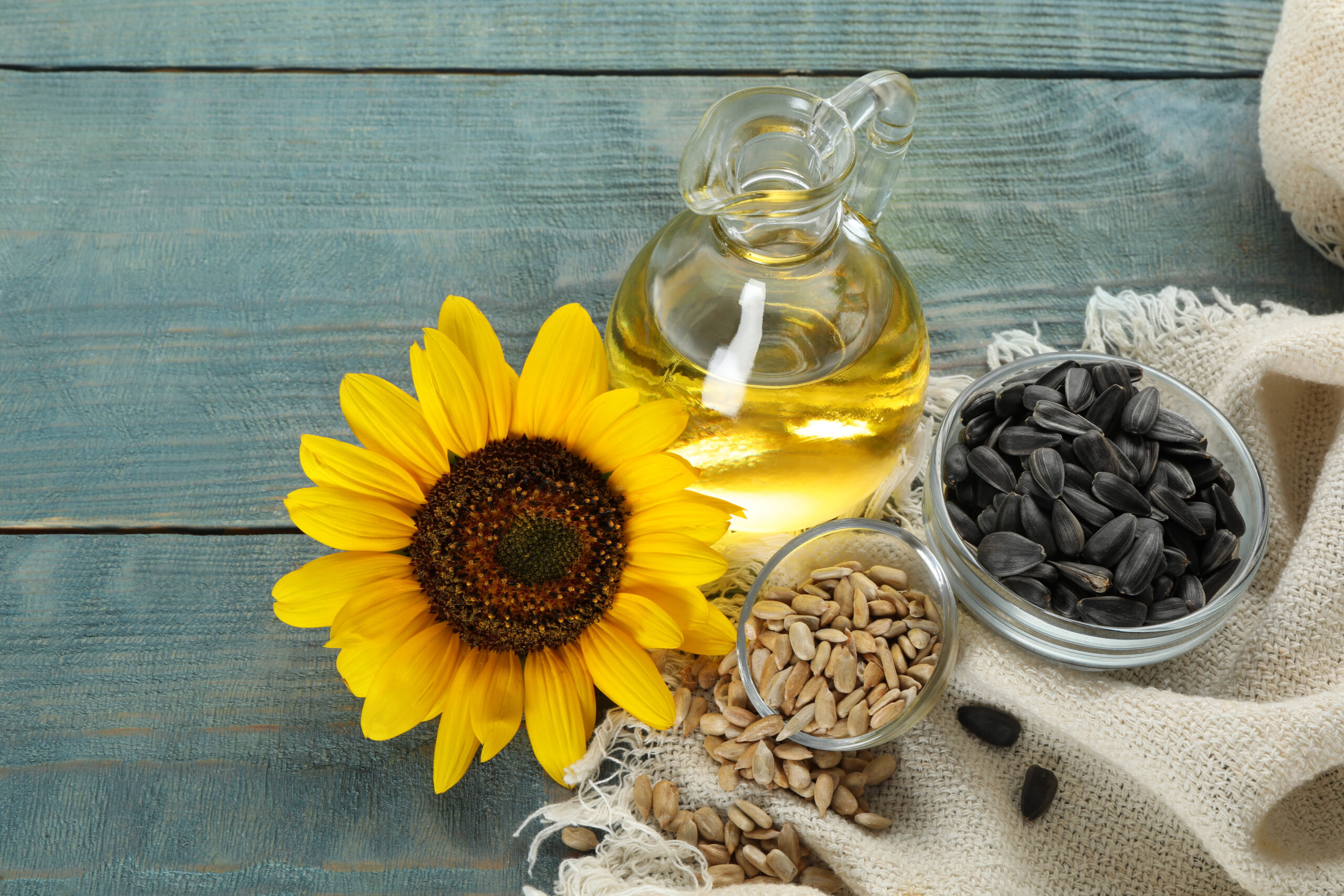
Sunflower oil contains a high level of polyunsaturated fats and is a good source of vitamin E, an antioxidant that helps protect cells from damage. While it can lower cholesterol levels, sunflower oil is also high in omega-6 fatty acids. Consuming too much omega-6 without balancing it with omega-3s can lead to inflammation, so moderation is key.
Coconut Oil
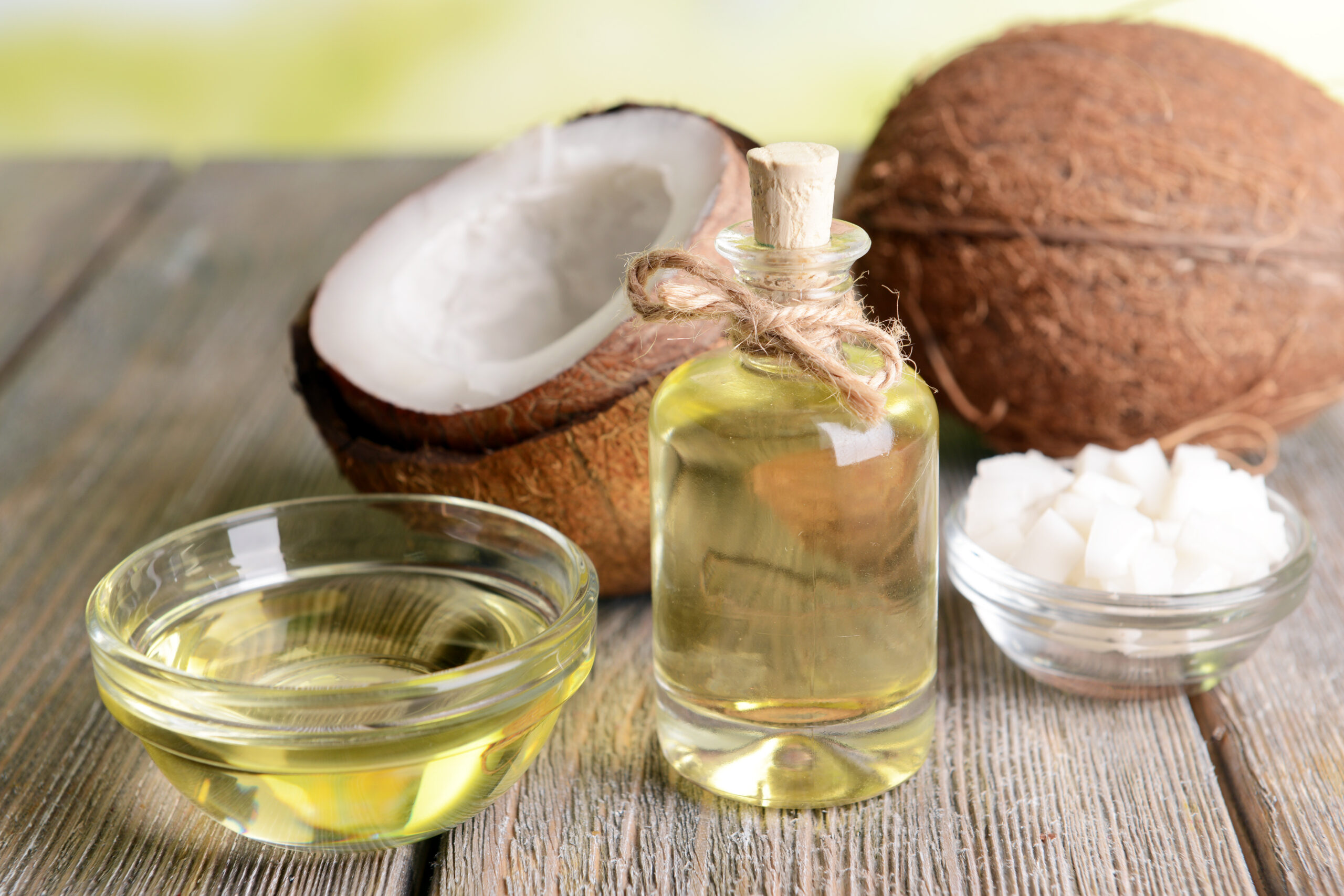
Coconut oil is unique for its high saturated fat content, particularly medium-chain triglycerides (MCTs), which can raise both LDL (bad) and HDL (good) cholesterol levels. Some studies suggest that MCTs might help with weight loss and improve metabolic health, but the overall impact on heart health is still debated. It’s best to use coconut oil in moderation.
Soybean Oil
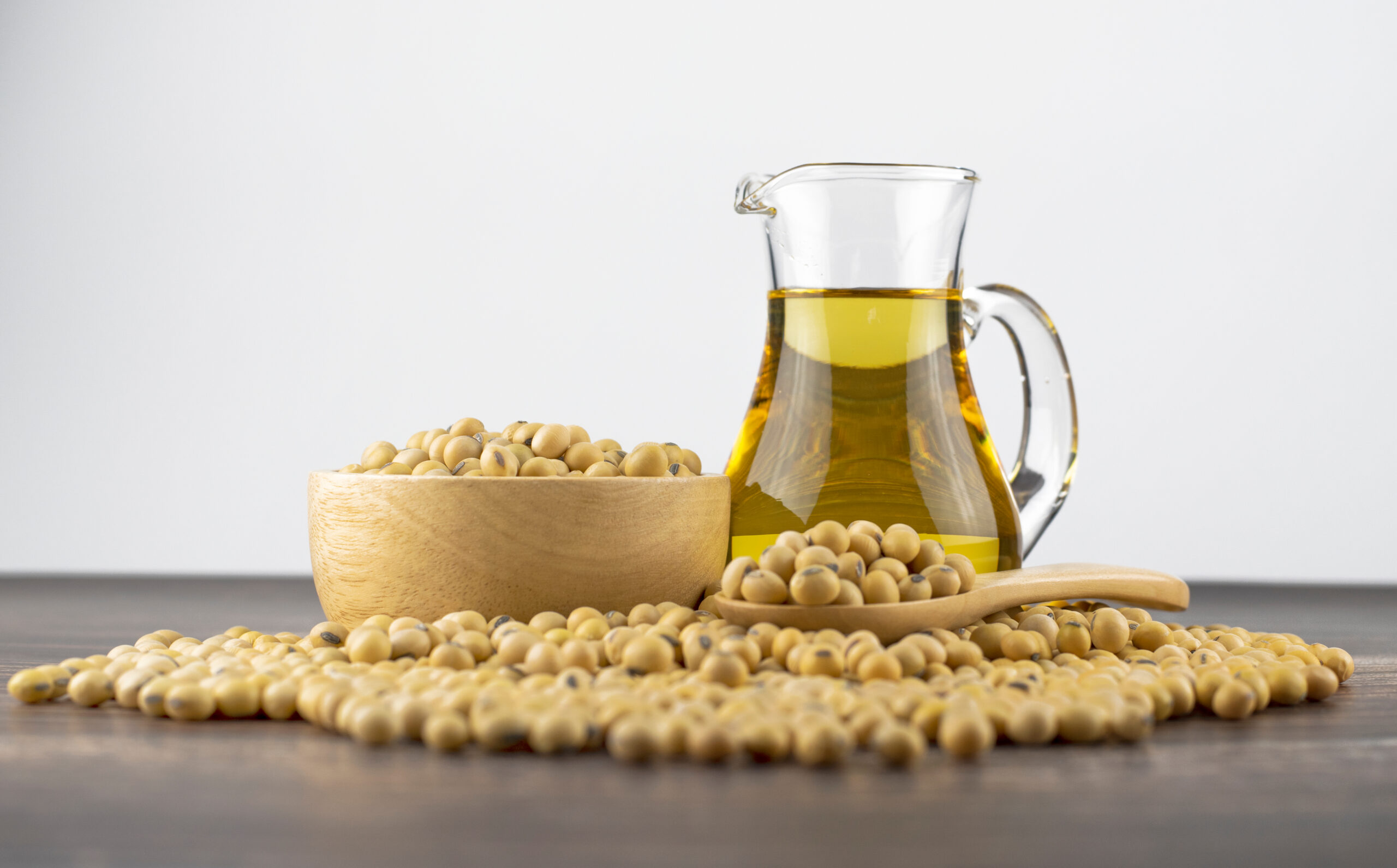
Soybean oil is rich in polyunsaturated fats, including both omega-3 and omega-6 fatty acids. It can help lower bad cholesterol levels and improve heart health. However, like sunflower oil, soybean oil’s high omega-6 content requires careful dietary balance to avoid promoting inflammation.
Avocado Oil
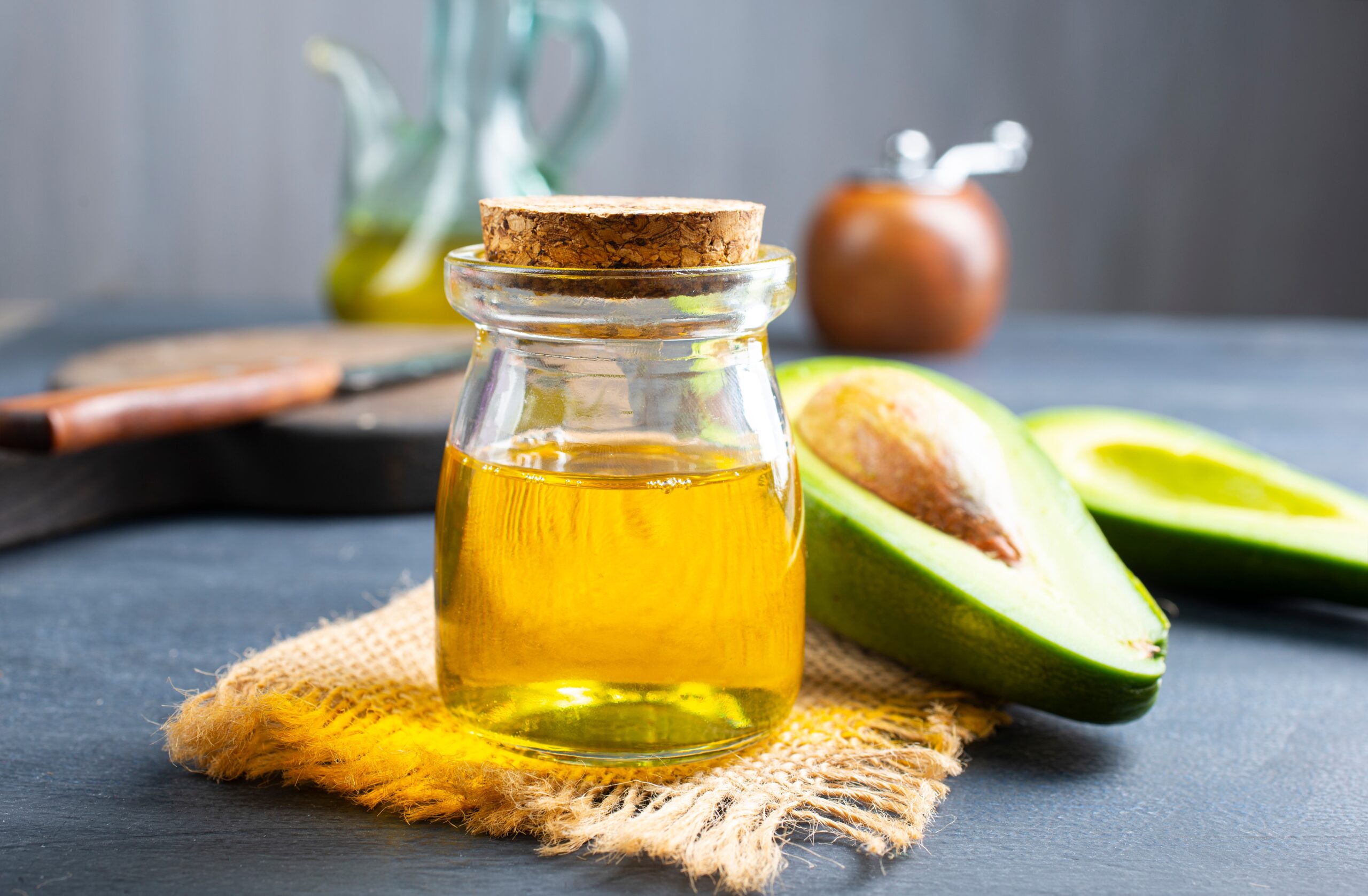
Avocado oil is rich in monounsaturated fats and antioxidants like vitamin E, which support heart health by reducing bad cholesterol and inflammation. Its high smoke point makes it suitable for a variety of cooking methods, including frying and grilling, while its mild flavor works well in salads and dips.
Grapeseed Oil
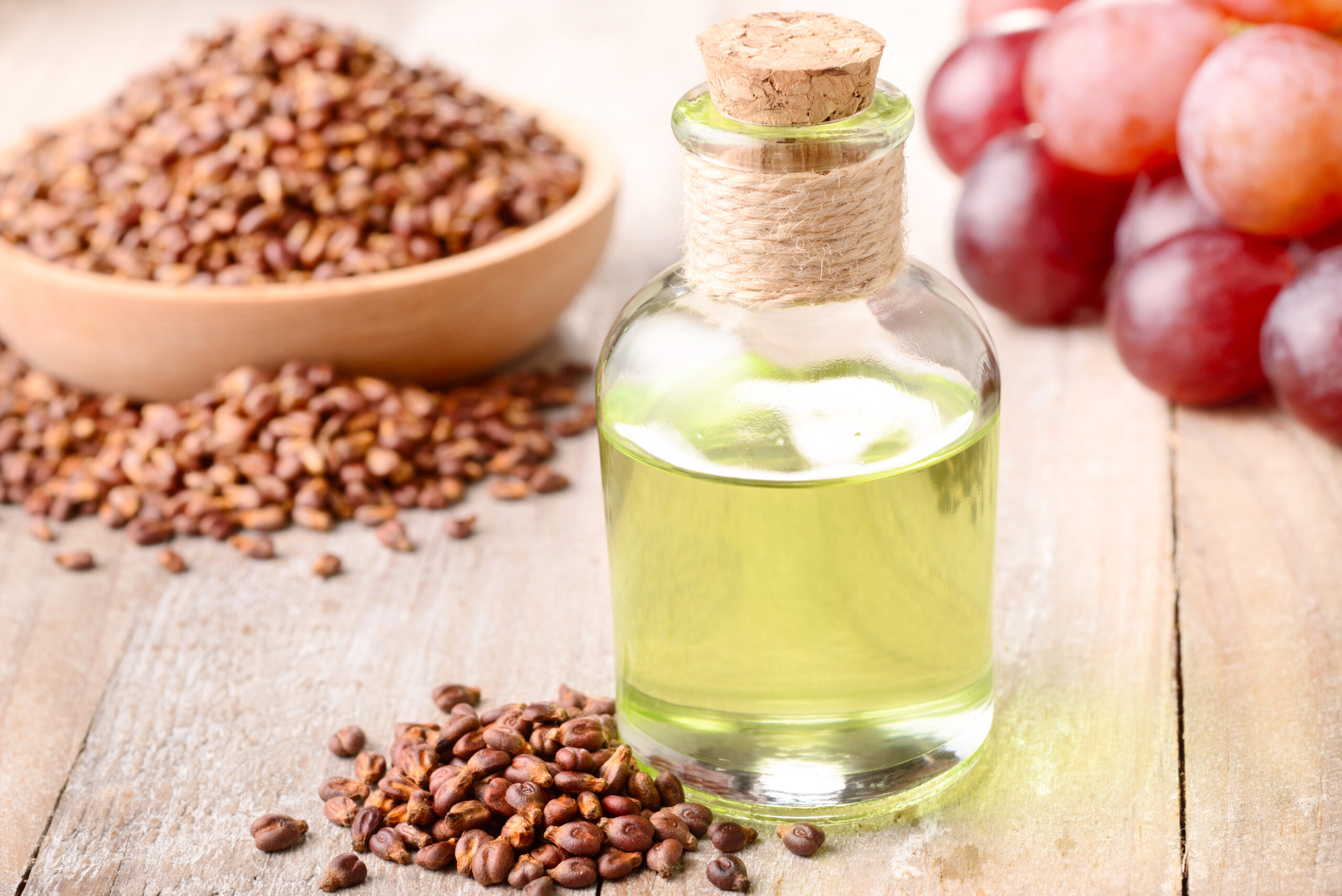
Grapeseed oil contains a high level of polyunsaturated fats and vitamin E, contributing to its cholesterol-lowering properties. However, its high omega-6 fatty acid content means it should be consumed in balance with omega-3s to avoid inflammation. It’s commonly used in dressings and low-heat cooking due to its mild flavor.
Peanut Oil
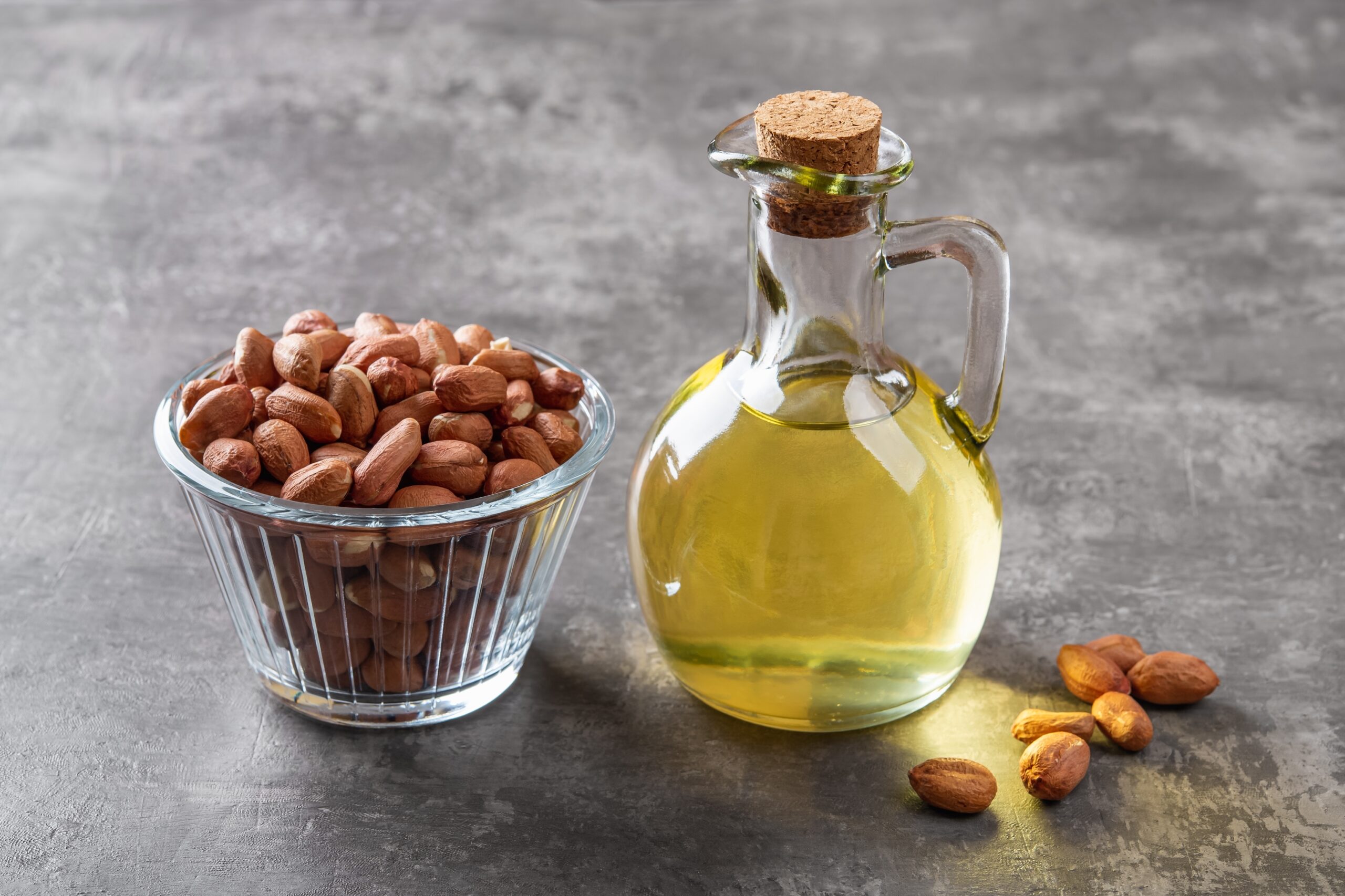
Peanut oil is high in monounsaturated fats and antioxidants, which can help reduce bad cholesterol levels. However, its omega-6 content suggests it should be balanced with omega-3 rich foods to prevent inflammation. Peanut oil is popular for frying due to its high smoke point and nutty flavor.
Sesame Oil
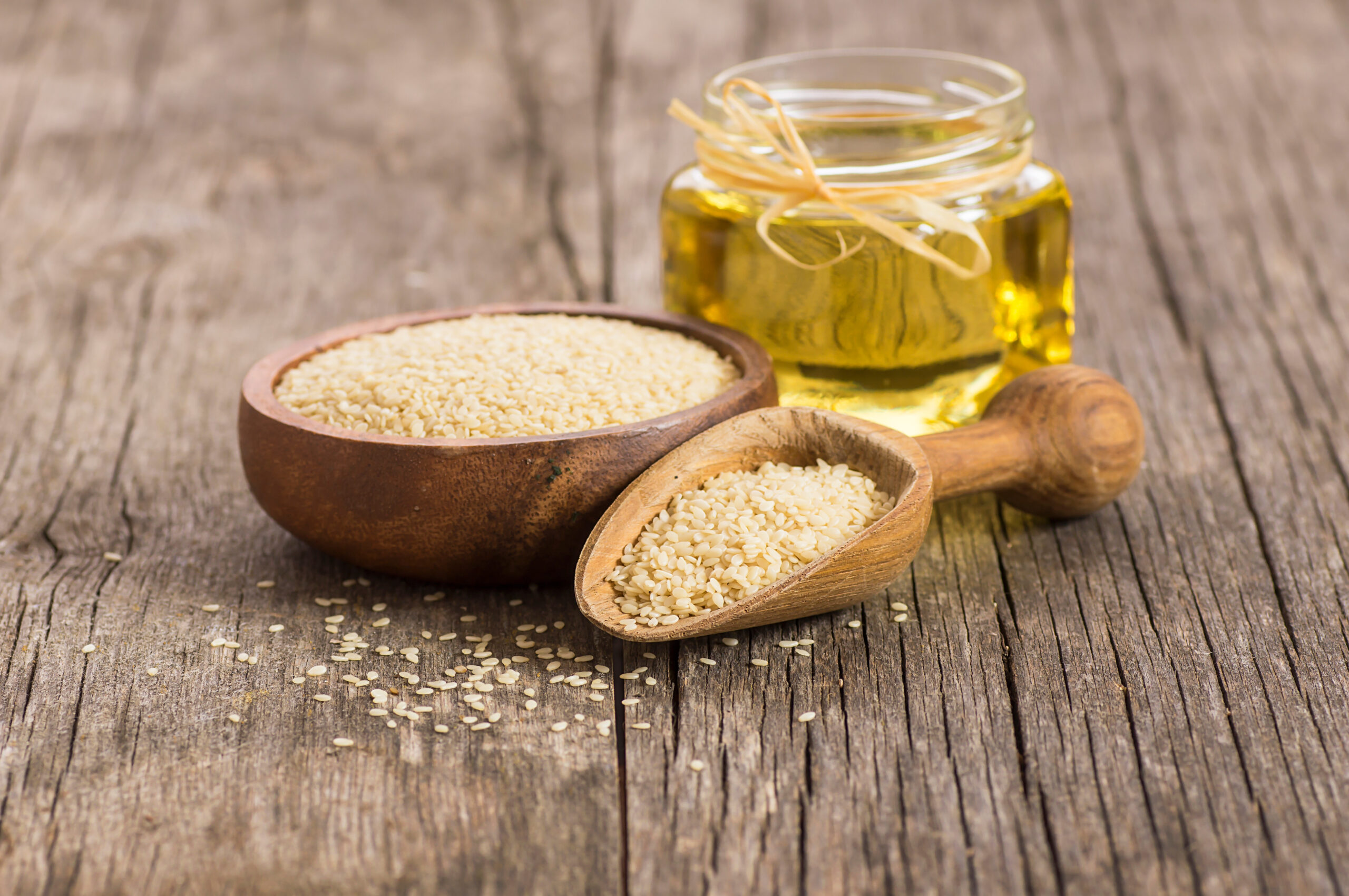
Sesame oil contains a mix of monounsaturated and polyunsaturated fats, along with antioxidants like sesamol and sesamin. These compounds help lower cholesterol levels and improve heart health. It’s often used in Asian cuisine for its distinctive flavor and is suitable for dressings and stir-frying.
Flaxseed Oil
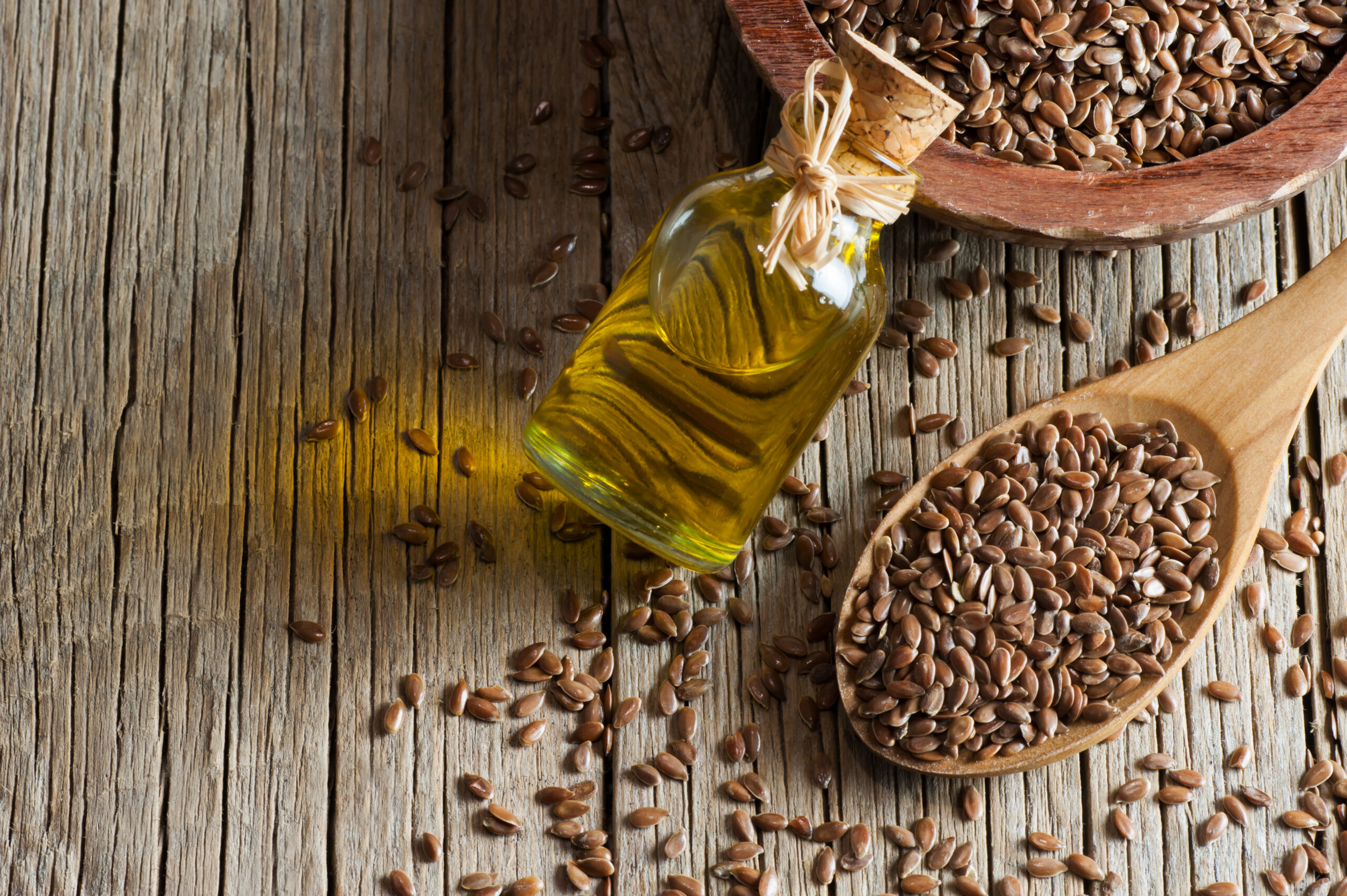
Flaxseed oil is exceptionally high in alpha-linolenic acid (ALA), an omega-3 fatty acid that can help reduce inflammation and lower the risk of heart disease. However, it has a low smoke point and is best used in dressings, smoothies, or drizzled over cooked dishes to maintain its nutritional benefits.
Corn Oil
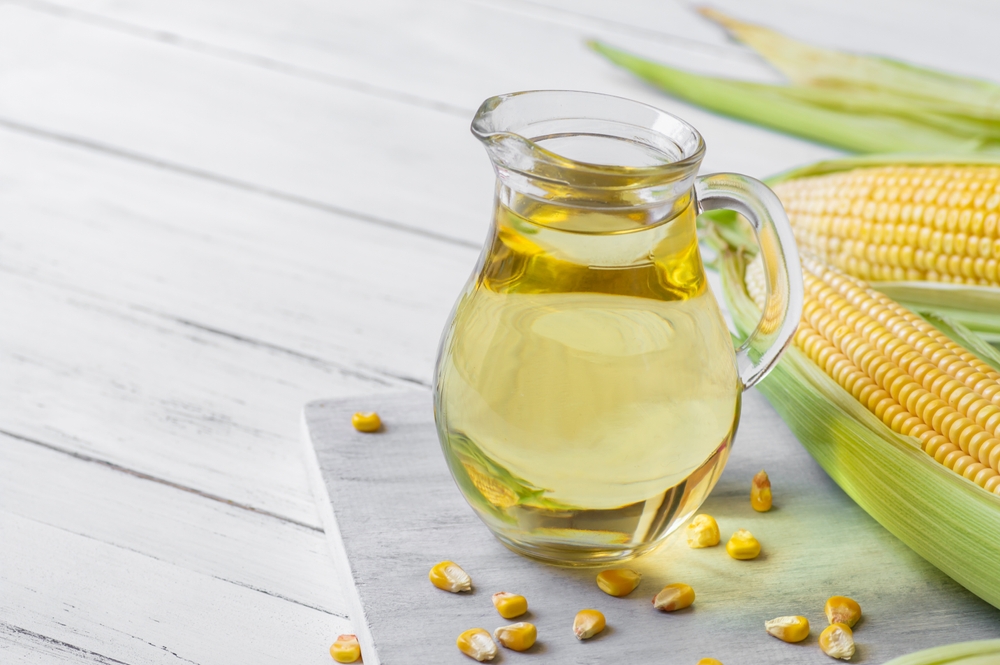
Corn oil is high in polyunsaturated fats, which can lower cholesterol levels and reduce heart disease risk. However, its high omega-6 content necessitates a balanced diet with sufficient omega-3 intake to prevent inflammation. Corn oil is often used for frying and baking due to its high smoke point.
Palm Oil
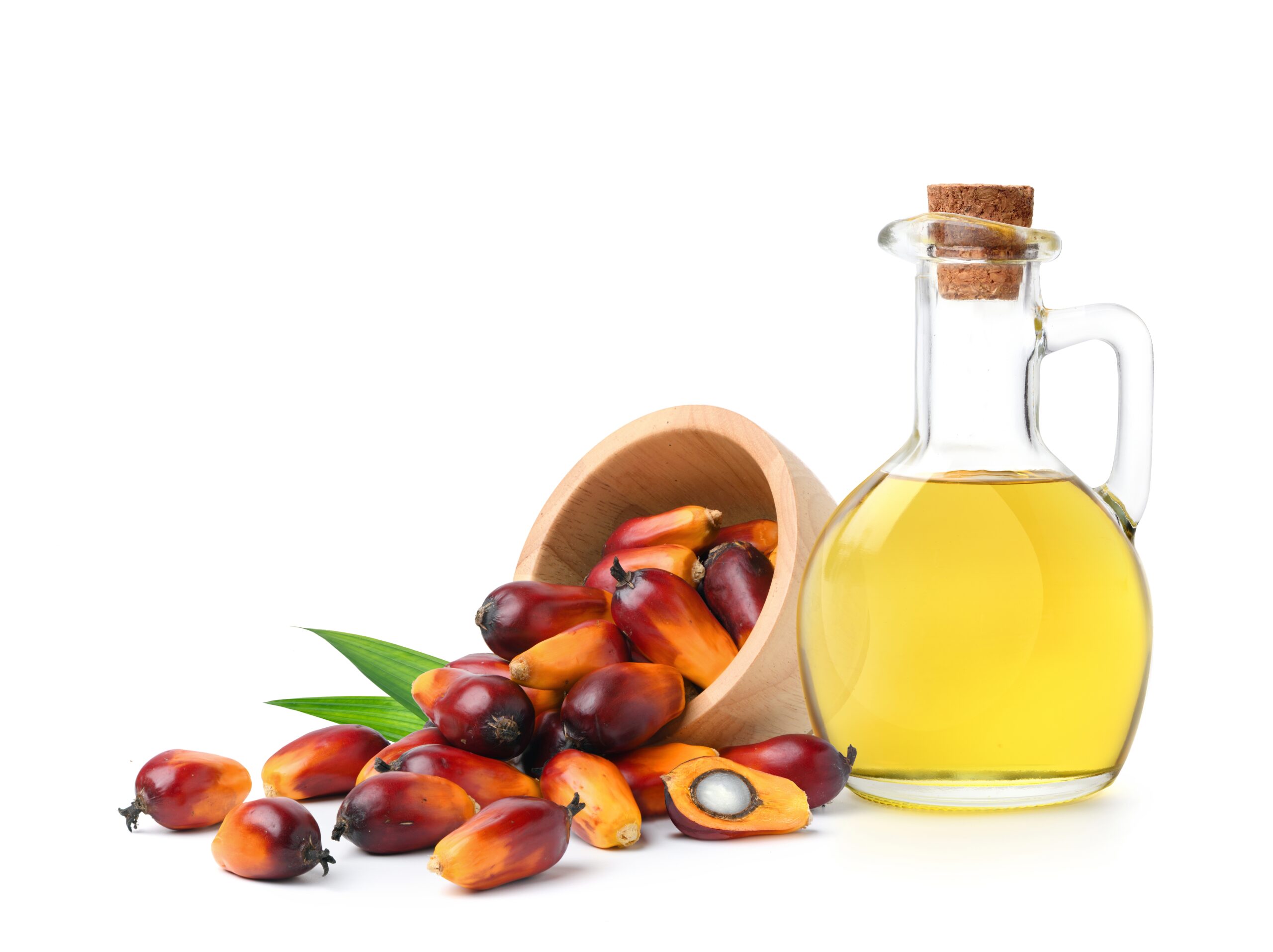
Palm oil contains a mix of saturated and unsaturated fats. While it provides some heart health benefits, its high saturated fat content can raise bad cholesterol levels if consumed excessively. Palm oil is often used in processed foods, so it’s essential to read labels and use it sparingly in home cooking.
Rice Bran Oil
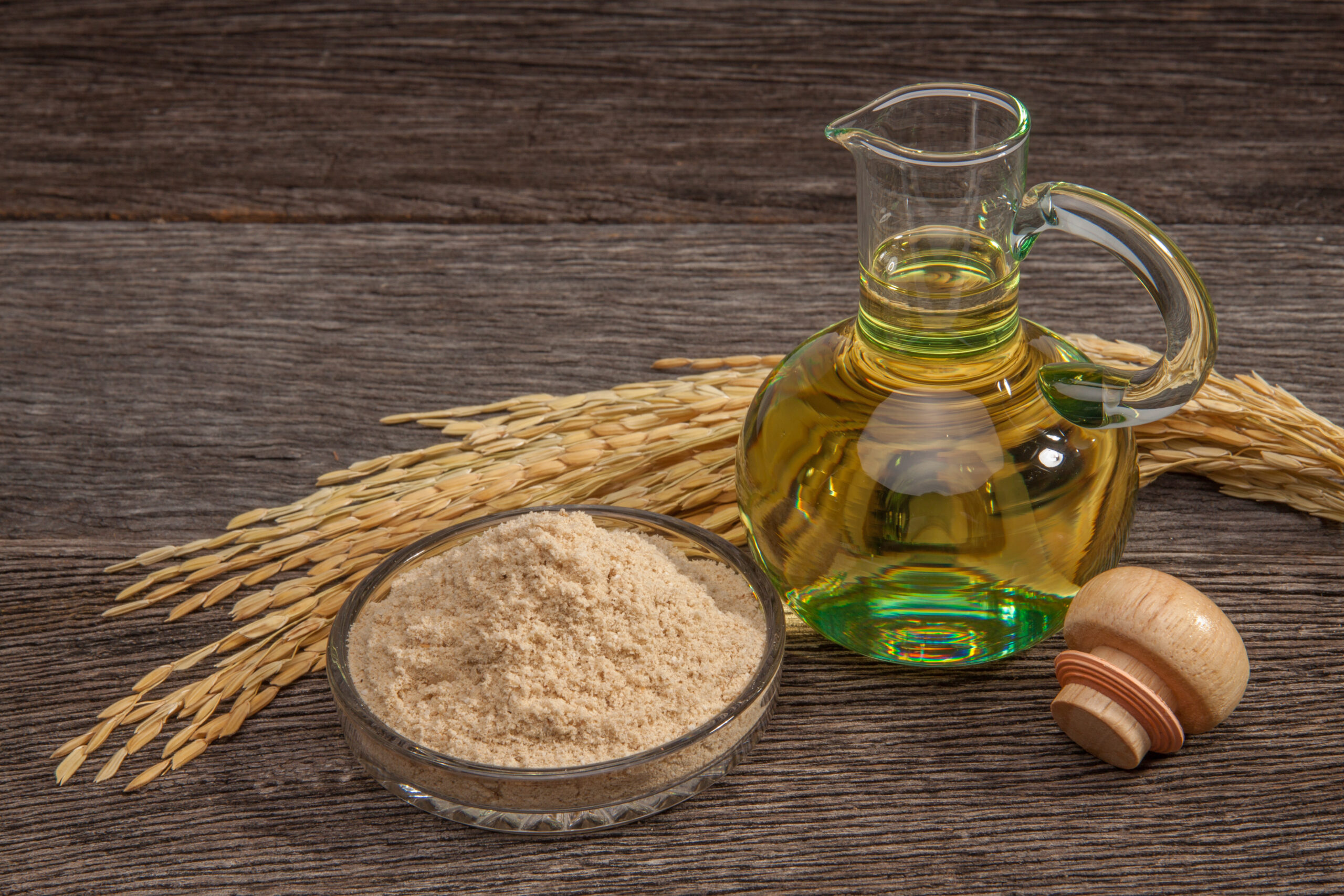
Rice bran oil is rich in monounsaturated fats and antioxidants like oryzanol, which can help lower cholesterol and improve heart health. Its high smoke point makes it versatile for cooking, including frying and stir-frying, while its mild flavor doesn’t overpower dishes.
Walnut Oil
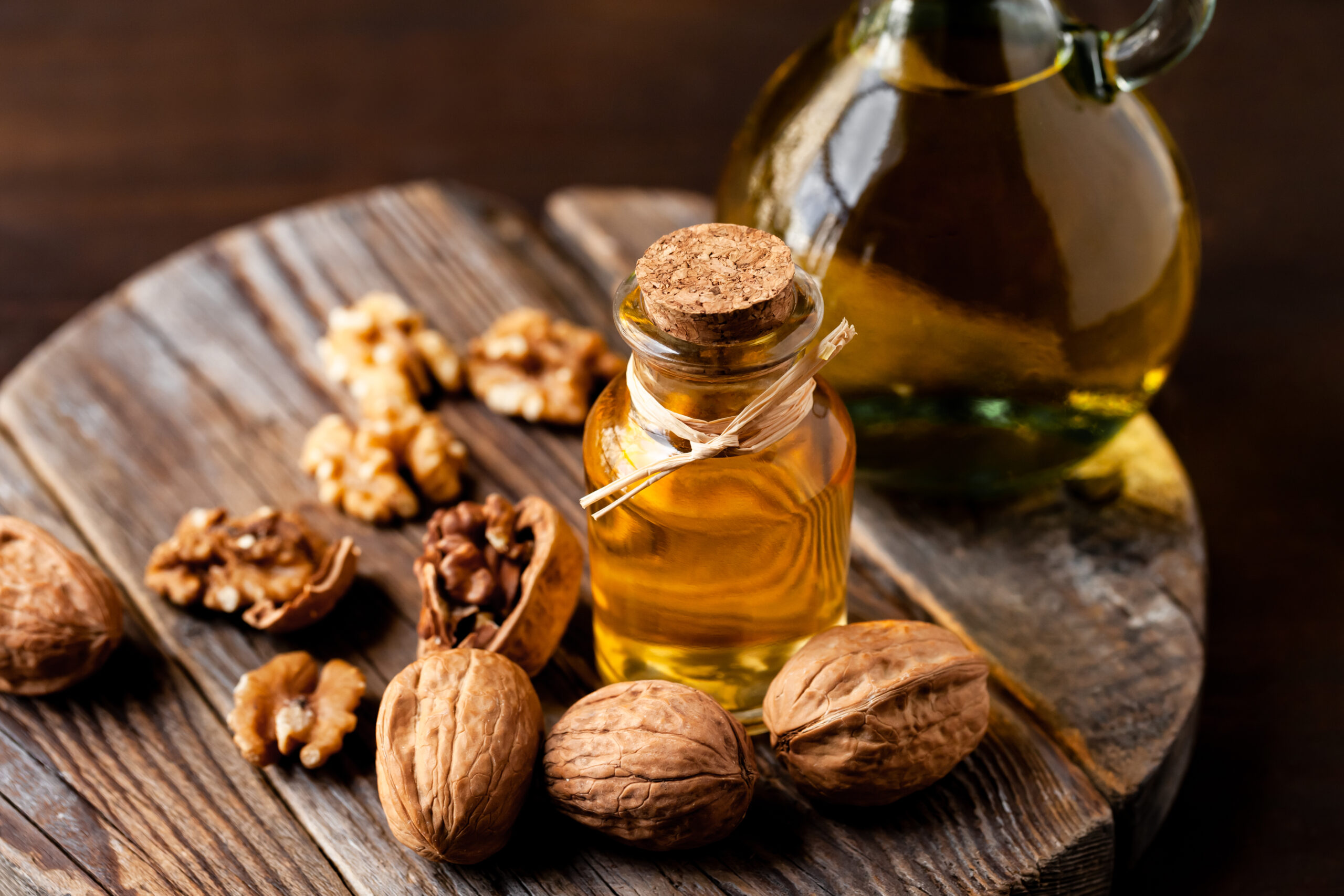
Walnut oil is high in omega-3 fatty acids, which support heart health by reducing inflammation and lowering cholesterol. It’s best used in dressings and low-heat cooking due to its low smoke point and rich, nutty flavor.
Pumpkin Seed Oil
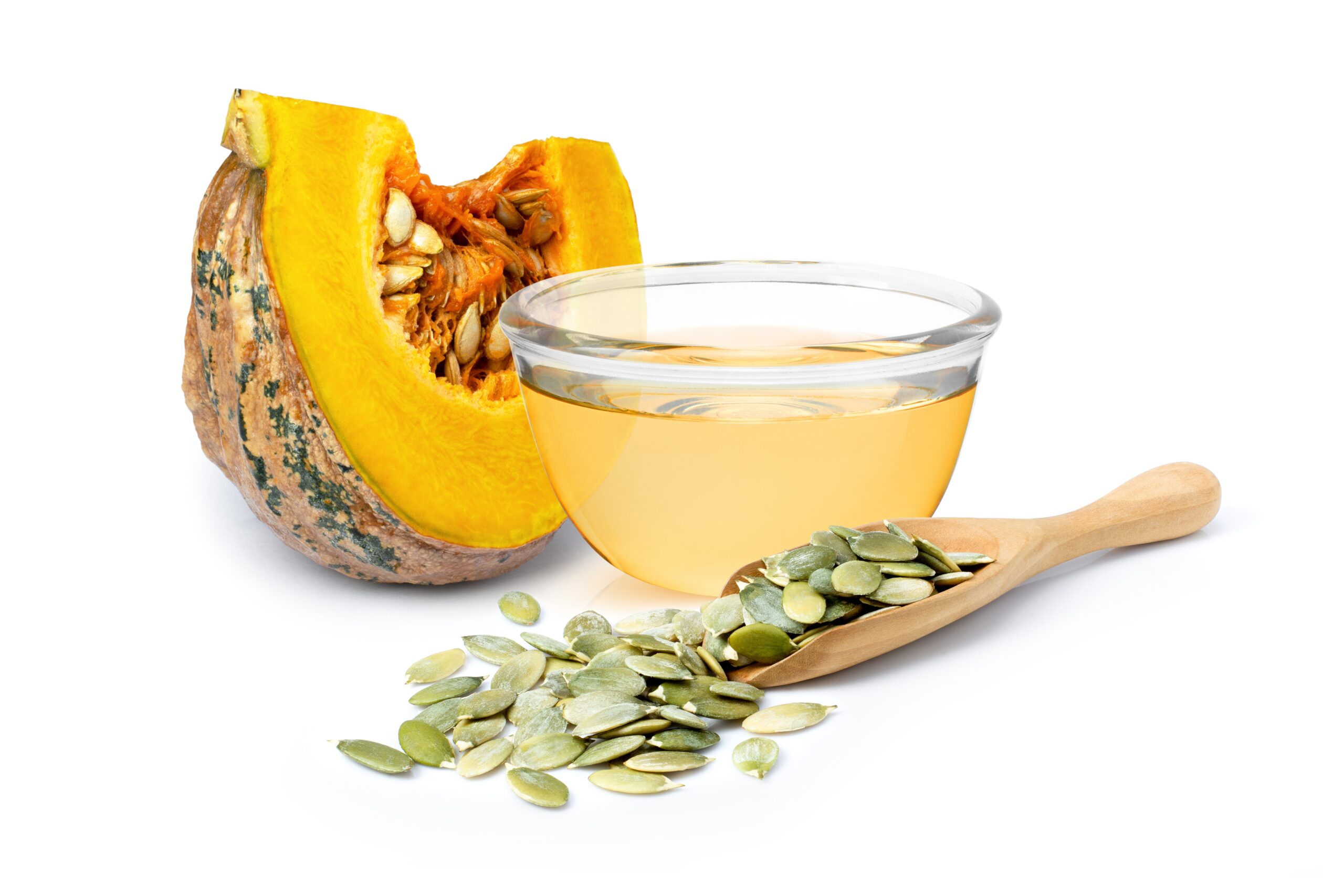
Pumpkin seed oil contains a mix of monounsaturated and polyunsaturated fats, along with antioxidants. These components support heart health by lowering cholesterol levels and reducing inflammation. Pumpkin seed oil is best used in dressings and low-heat dishes to preserve its nutritional properties.
Almond Oil
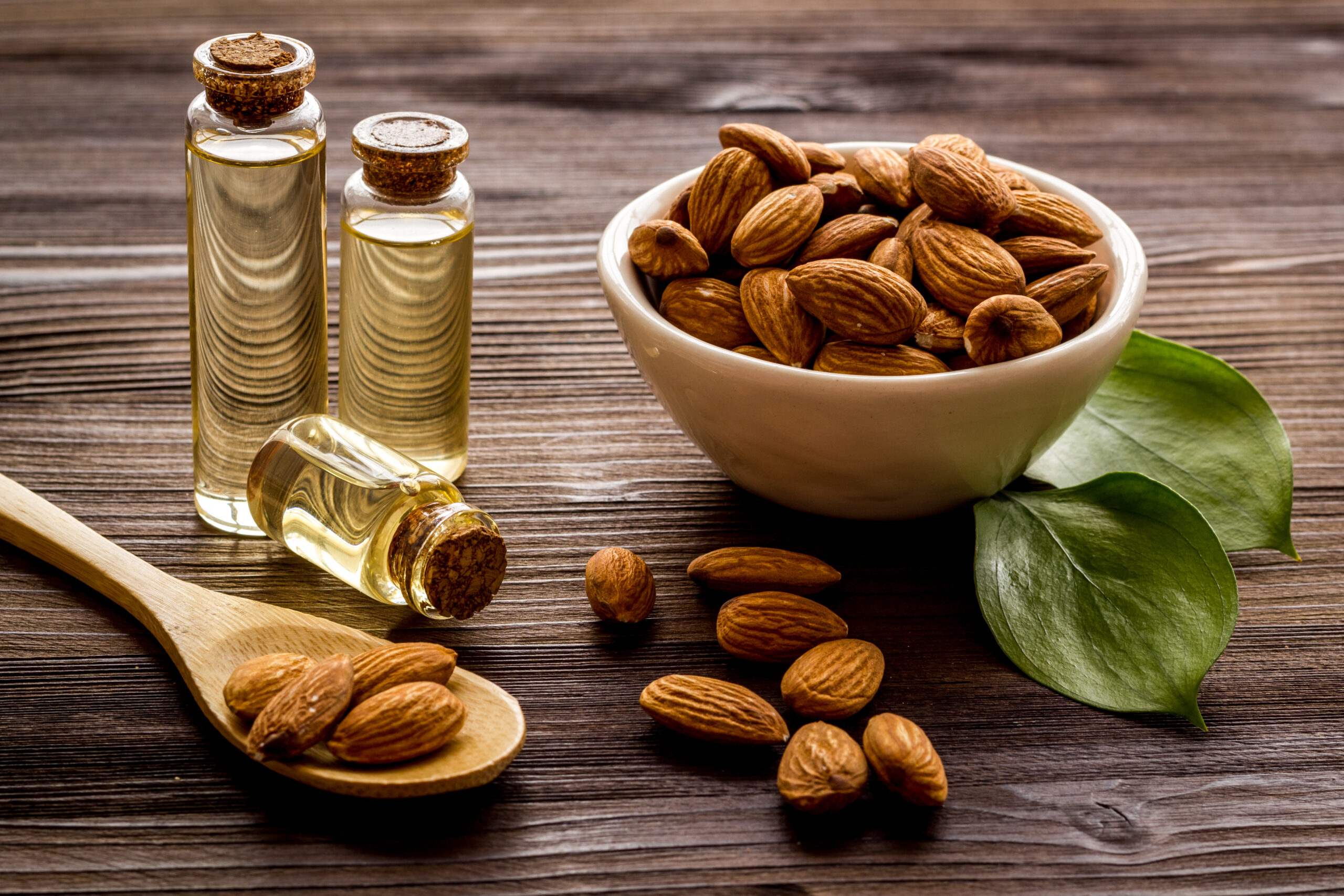
Almond oil is rich in monounsaturated fats and vitamin E, which can help improve cholesterol levels and support heart health. Its mild, nutty flavor makes it suitable for dressings, baking, and low-heat cooking.
Hazelnut Oil
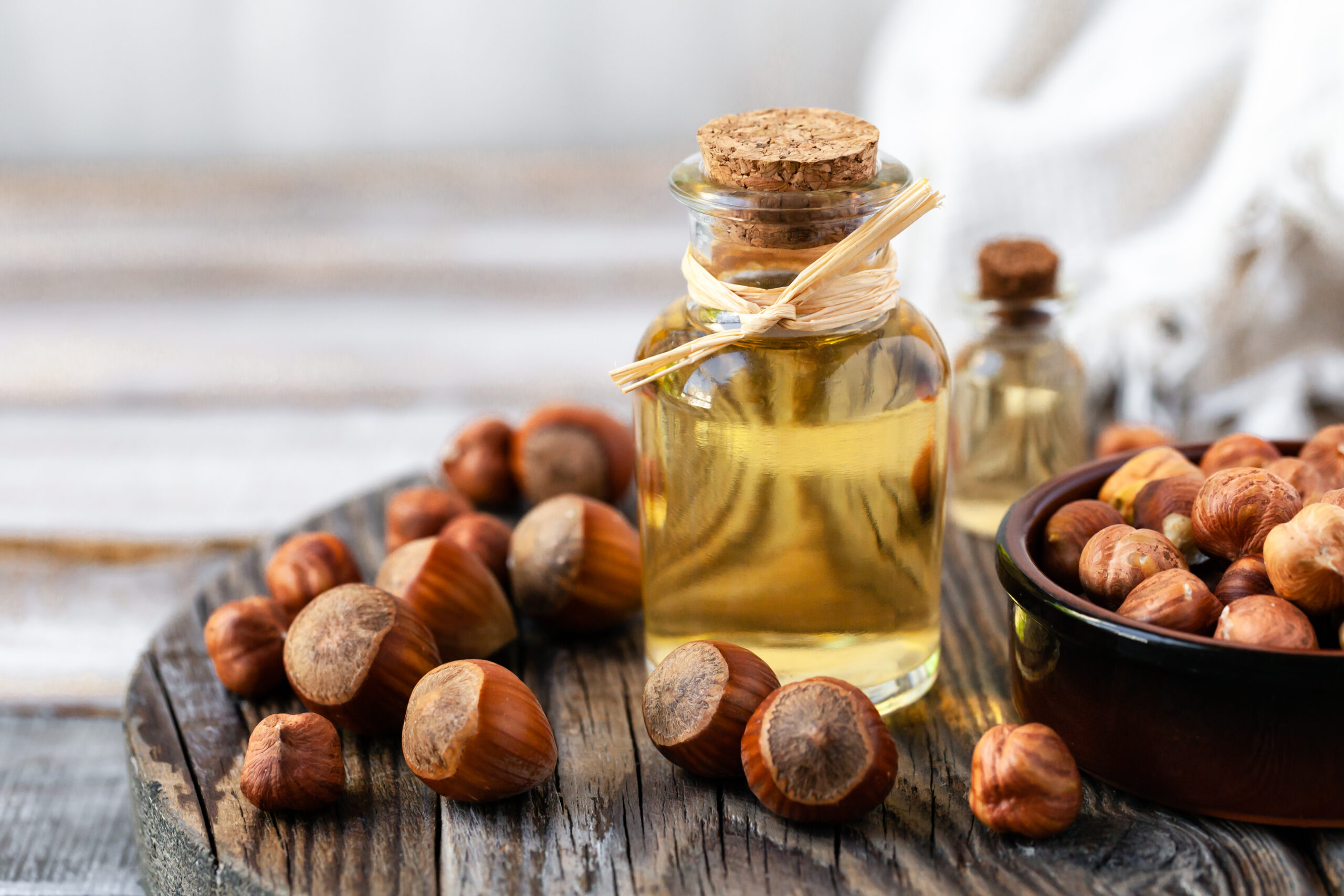
Hazelnut oil is high in monounsaturated fats and antioxidants, which can help lower bad cholesterol and reduce inflammation. Its distinct flavor makes it ideal for dressings, baking, and low-heat cooking.
Macadamia Nut Oil
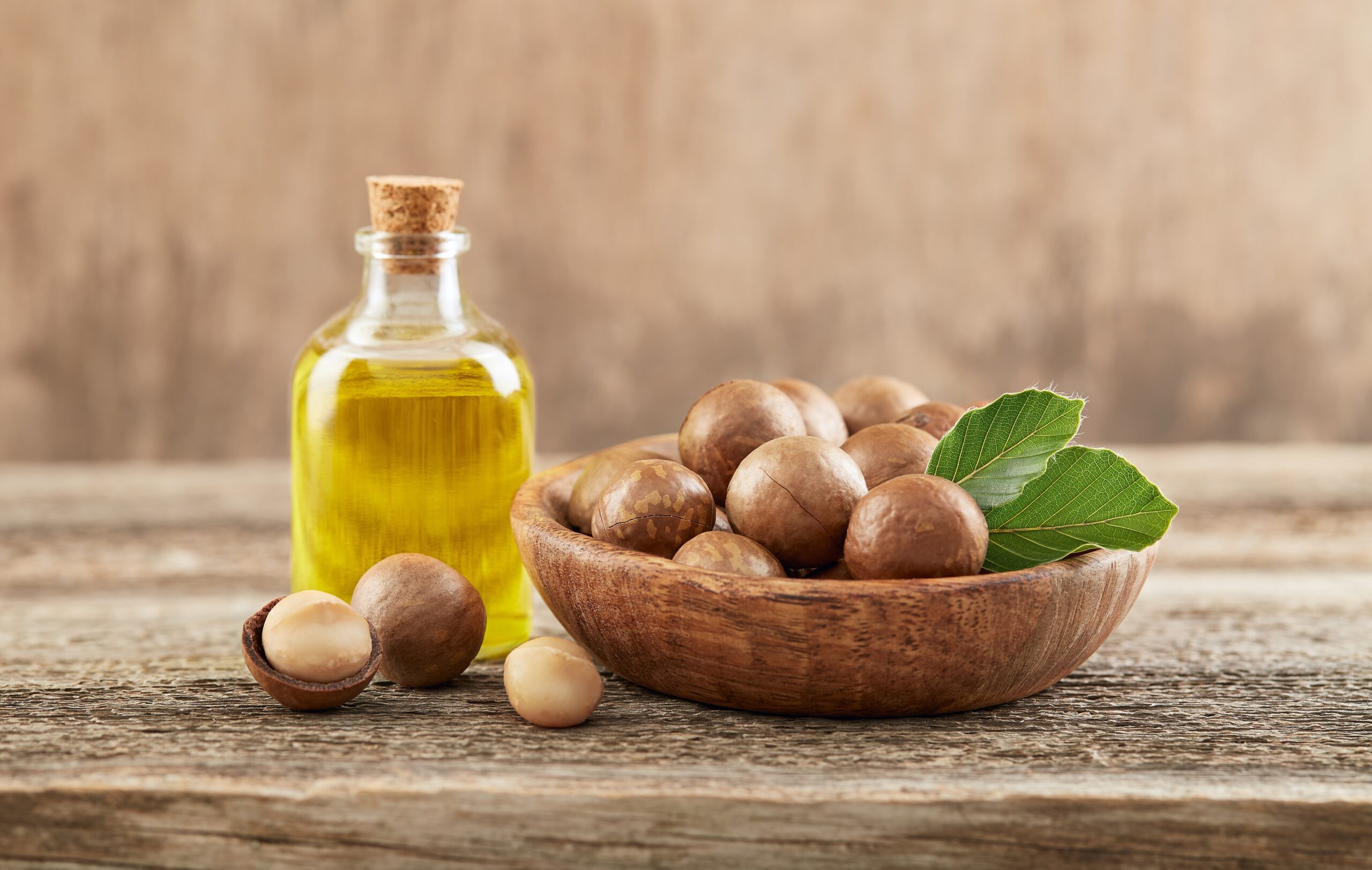
Macadamia nut oil is rich in monounsaturated fats, which can help improve cholesterol levels and support heart health. Its high smoke point makes it suitable for various cooking methods, including frying and sautéing, while its buttery flavor enhances many dishes.
Pistachio Oil
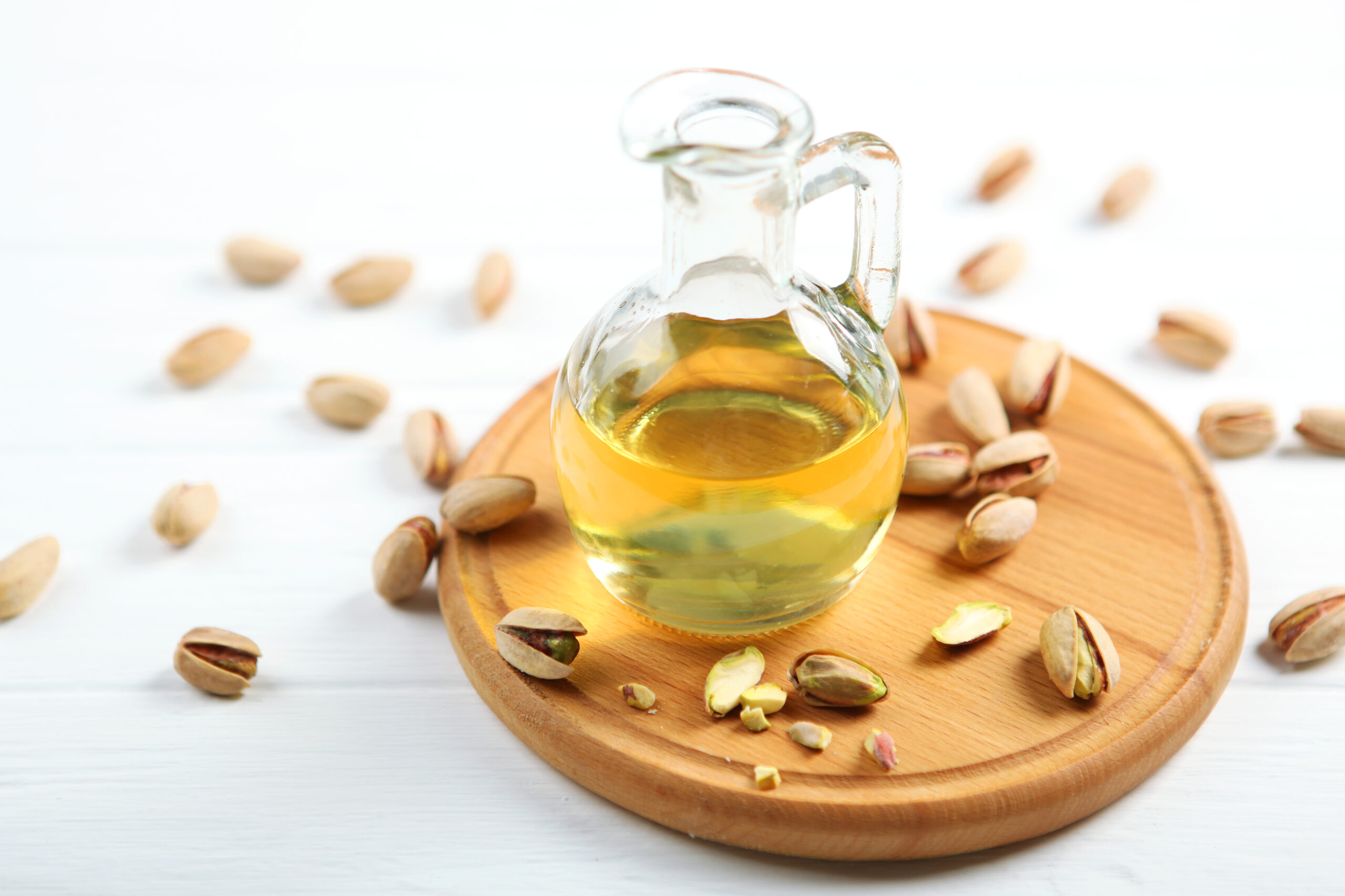
Pistachio oil contains a mix of monounsaturated and polyunsaturated fats, which can help lower cholesterol levels and reduce inflammation. Its delicate flavor is best enjoyed in dressings and low-heat cooking.
Camelina Oil
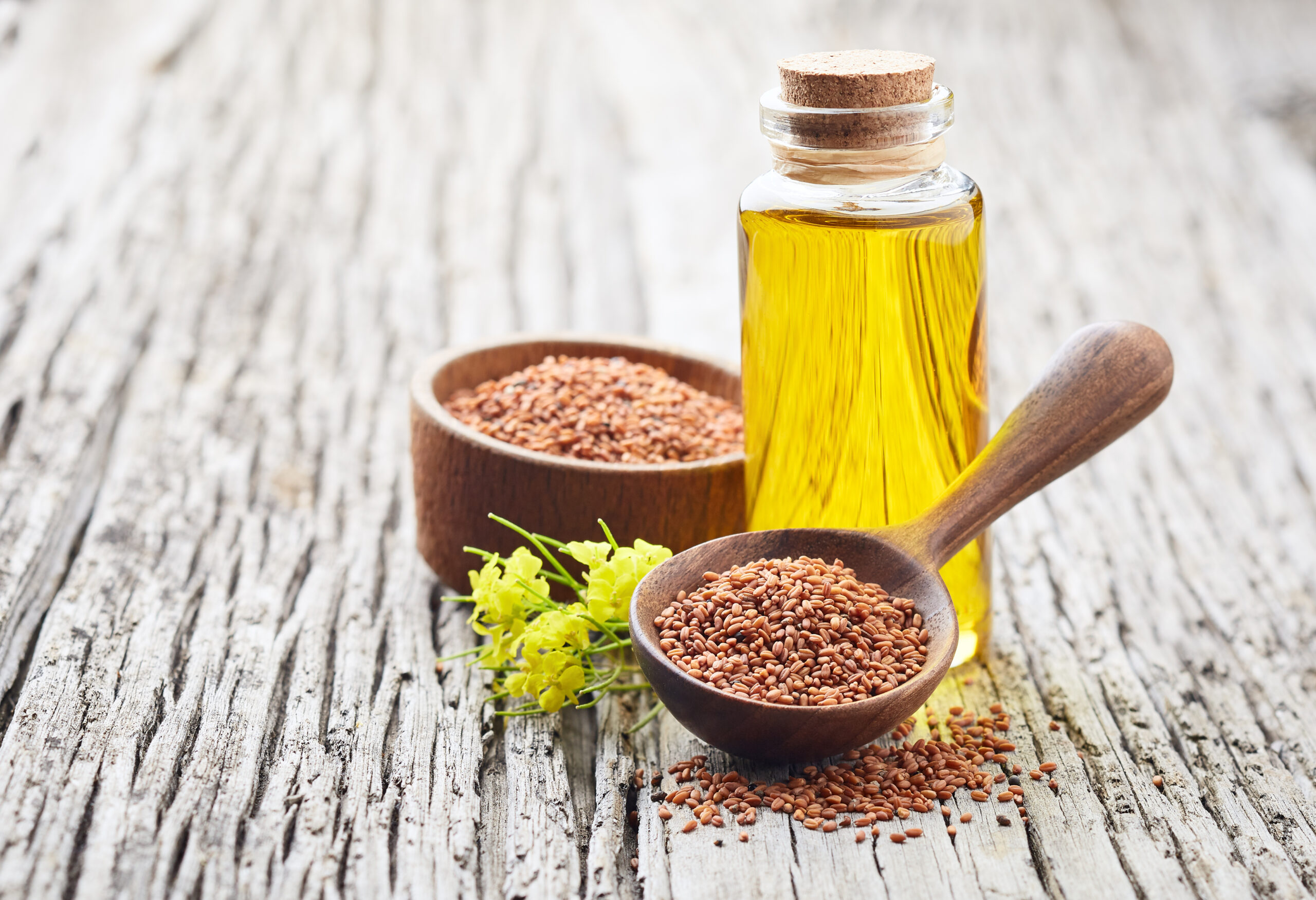
Camelina oil is rich in omega-3 fatty acids, which support heart health by reducing inflammation and lowering cholesterol. It has a high smoke point, making it versatile for cooking, though its unique flavor pairs well with salads and cold dishes.
This article originally appeared on RetailShout.
More From RetailShout
15 Immune-Boosting Foods You Should Eat Regularly
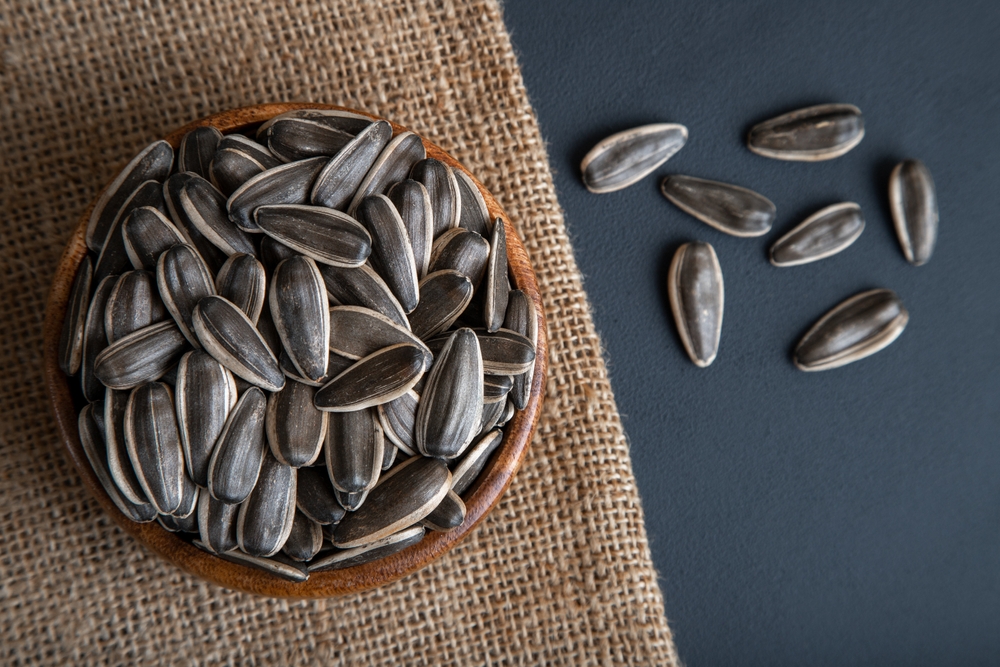
Staying healthy is more than just washing your hands and getting enough sleep—it starts with what’s on your plate. A strong immune system starts with the right fuel, and certain foods pack a punch when it comes to supporting your immune system. Read More.
11 Trader Joe’s Fall Home Goods You Need Before They’re Gone

Fall has officially taken over at Trader Joe’s, and their seasonal home goods are flying off the shelves faster than you can say “pumpkin spice.” From cozy candles to autumn-inspired kitchen essentials, TJ’s is stocking some quirky and fun home goods to bring those fall vibes into your home. Read More.
19 ALDI Products You Can’t Miss This September
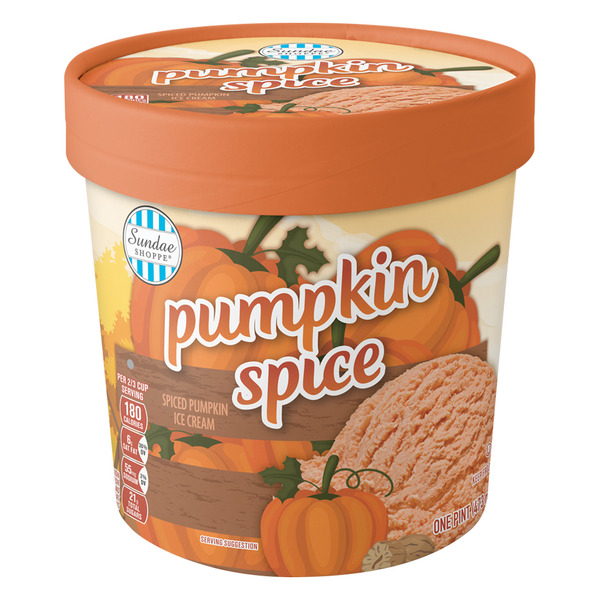
September at ALDI is always full of surprises, and this year is no different. They’re rolling out all kinds of goodies, from festive pastas to fall-inspired desserts that you won’t want to miss. Read More.






